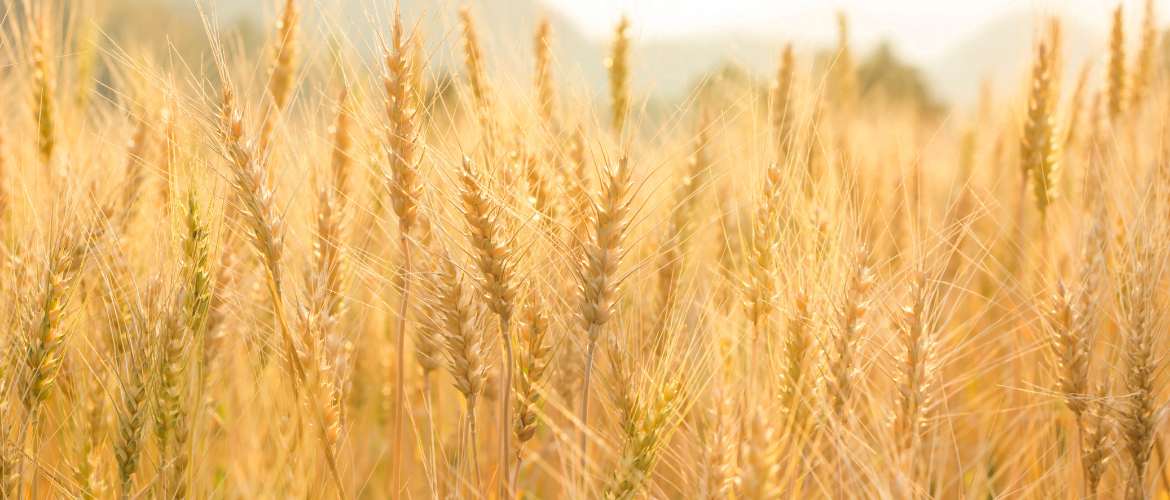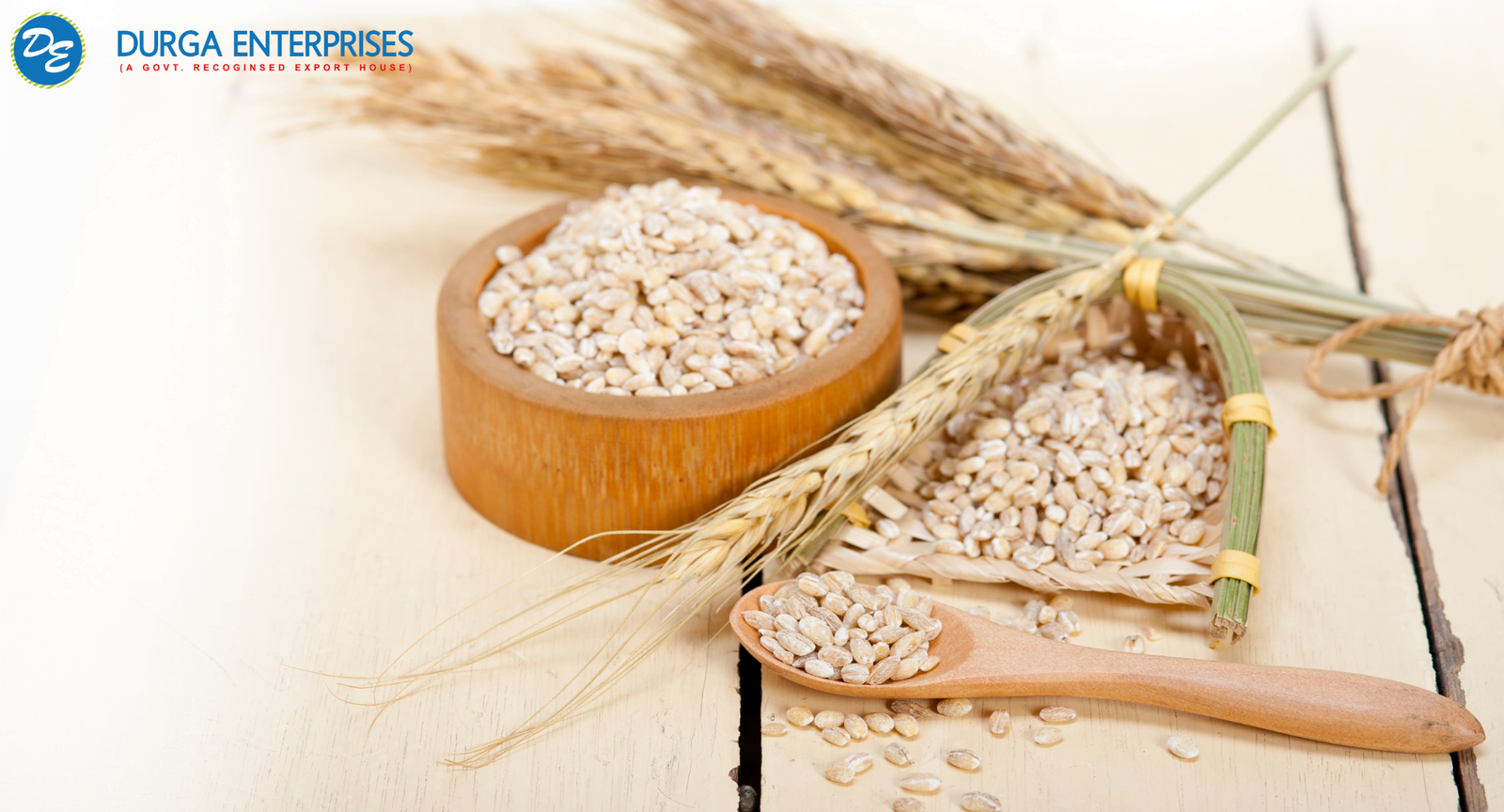
Barley is a multipurpose grain with years of existence. It is one of the most extensively farmed grains worldwide and has been cultivated for more than 10,000+ years. In many parts of the world, it is a fundamental grain that is used to make both food and non-food items.
History of Barley:
Barley was one of the first cereals to be farmed, and its origins are thought to be in the Middle East. By the middle of the 19th century, it had reached Europe and Asia, where it rapidly established itself as a significant food crop. Ancient cultures have employed it for religious and medical purposes.
Barley’s Nutritious Value:
It is an excellent source of vitamins, minerals, fiber, and protein. Moreover, it is a low-fat and low-calorie grain. Barley fiber may help with better blood sugar control and cholesterol reduction. Essential amino acids can be found in good amounts in barley protein. Iron, magnesium, phosphorus, niacin, vitamin B1, and vitamin B2 are among the vitamins and minerals found in barley.
Uses of Barley:
Food Uses:
- Human Food: Barley is a crop, especially used in Asia and Africa. Numerous foods, such as bread, porridge, soups, stews, and pilafs, can be prepared with it. Pancakes, bread, and other baked items can be made with barley flour.
- Malt: The main grain used to make malt, which is a necessary component in the brewing of beer and other alcoholic beverages, is barley. Its grains are soaked in water, given time to germinate, and finally dried during the malting process. It’s starches are transformed into fermentable sugars by this process, which is necessary for the brewing process.
- Animal feed: It is an inexpensive and nutrient-dense feed that can be fed to horses, pigs, chickens, and cattle. It is an important part of animal diets since it is an excellent supply of fiber, protein, and carbs.
Uses Apart than Food:
- Textiles: Barley fibers can be utilized to make carpets, blankets, and apparel. Barley fiber is well-known for being soft, strong, and long-lasting.
- Industrial Adhesives: Barley crops are majorly used in various industries such as Papermaking, packaging, and construction. It is a natural and renewable alternative to synthetic adhesives.
- Cosmetics and Skincare Products: Because barley extracts have anti-inflammatory and hydrating qualities, they are also used in cosmetics and skincare products. They are considered to have benefits in hydrating and relieving inflammation.
- Bioplastics: Barley starch is being investigated as a potential raw material for the production of biodegradable and environmentally safe bioplastics, which are better substitutes for conventional plastics.
- Pharmaceuticals: Barley is also being researched for various pharmaceutical applications, such as wound healing products, drug delivery systems, etc.
Health Benefits of Barley:
Barley has a number of health benefits. It can help in-
- Weight Management
- Blood Sugar Control
- Prebiotic Support for Gut Health
- Rich Source of Essential Nutrients
- Heart-Healthy Properties
- Fiber-Rich for Digestive Health
And much more…

Environmental Impact of Barley:
Compared to many other cereal grains, barley is a crop that is more environmentally friendly and sustainable. Below points can prove the advantages that it has on environment-
- Drought Tolerance: It can be grown in dry areas with little water because it is naturally drought-tolerant. It eases the burden on water resources because it uses less water than other cereal crops like rice and maize.
- Sustainable Water Use: Its water-saving techniques helps in avoiding waterlogging, which can cause nutrient loss and soil erosion. Water consumption efficiency can be further improved by using irrigation techniques like furrow or drip irrigation.
- Enhancement of Soil Health: It contributes to increased soil aeration and structure, which enhances soil fertility and health. It also helps in weed control and erosion reduction, preserving the productivity and integrity of the soil.
- Sustainable Feed Source: It is a nutritive and sustainable feed source for cattle, which reduces the need for other feed sources, such soy, which may have a greater environmental impact.
- Development of Bioplastics: Research is being done on its starch as a raw material for the production of bioplastics, which are environmentally friendly and biodegradable substitutes for traditional plastics.
Additional Details:
- Barley has abundant Antioxidants, which can help shield cells from harm.
- Prebiotics can be found in it, which is considered a food for the healthy bacteria in the gut.
- Beta-glucans, which are found in it, have the potential to decrease cholesterol.
In Summary:
Barley is a valuable and adaptable grain. It’s a sustainable and nutrient-dense diet that is suitable and can be enjoyed by everyone. If you’re searching for a nutritious and filling grain to add to your diet, choosing Durga Enterprises’ grains can be a really great option for you.
Barley: A nutritious and plentiful grain for a healthier you.
